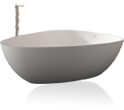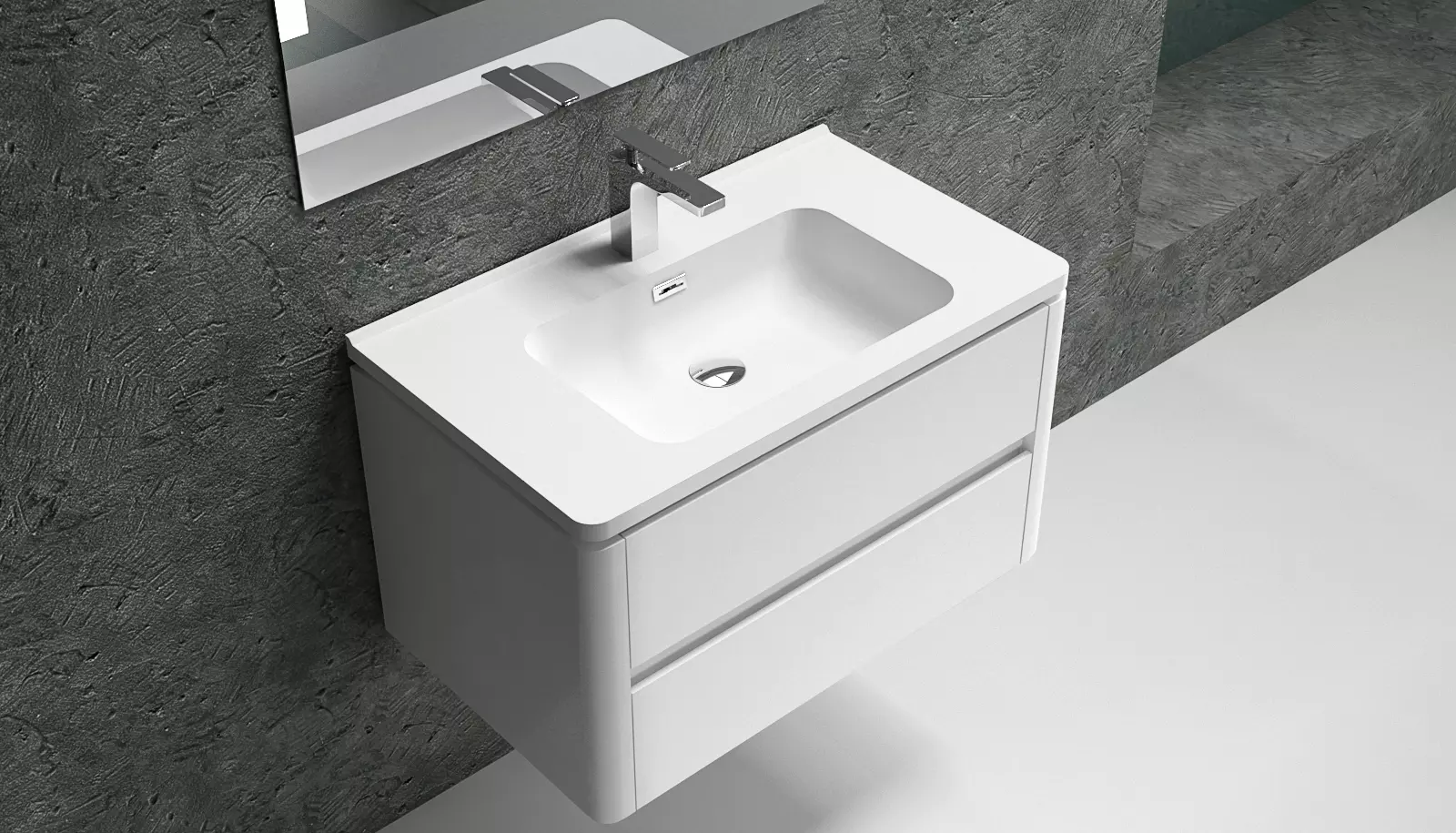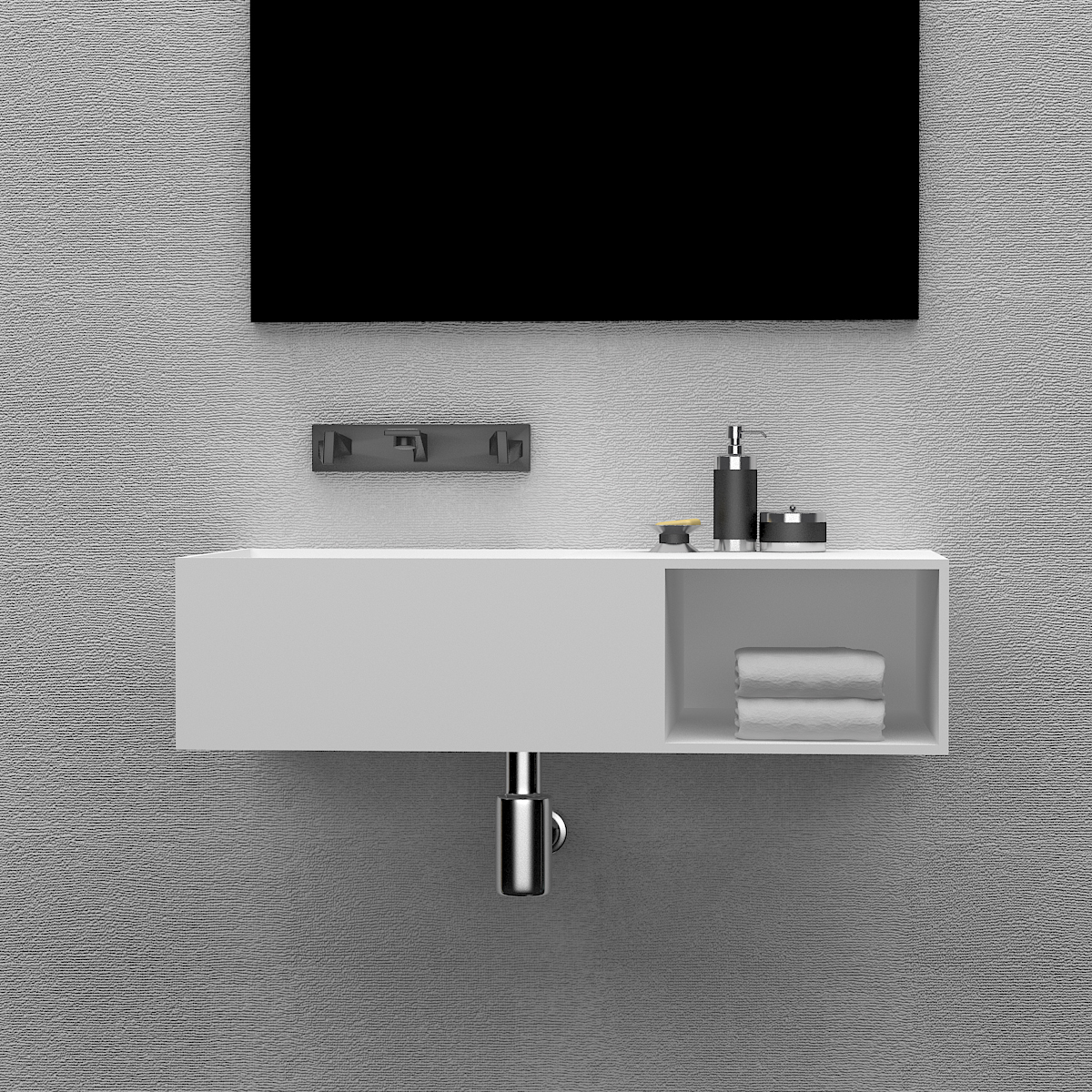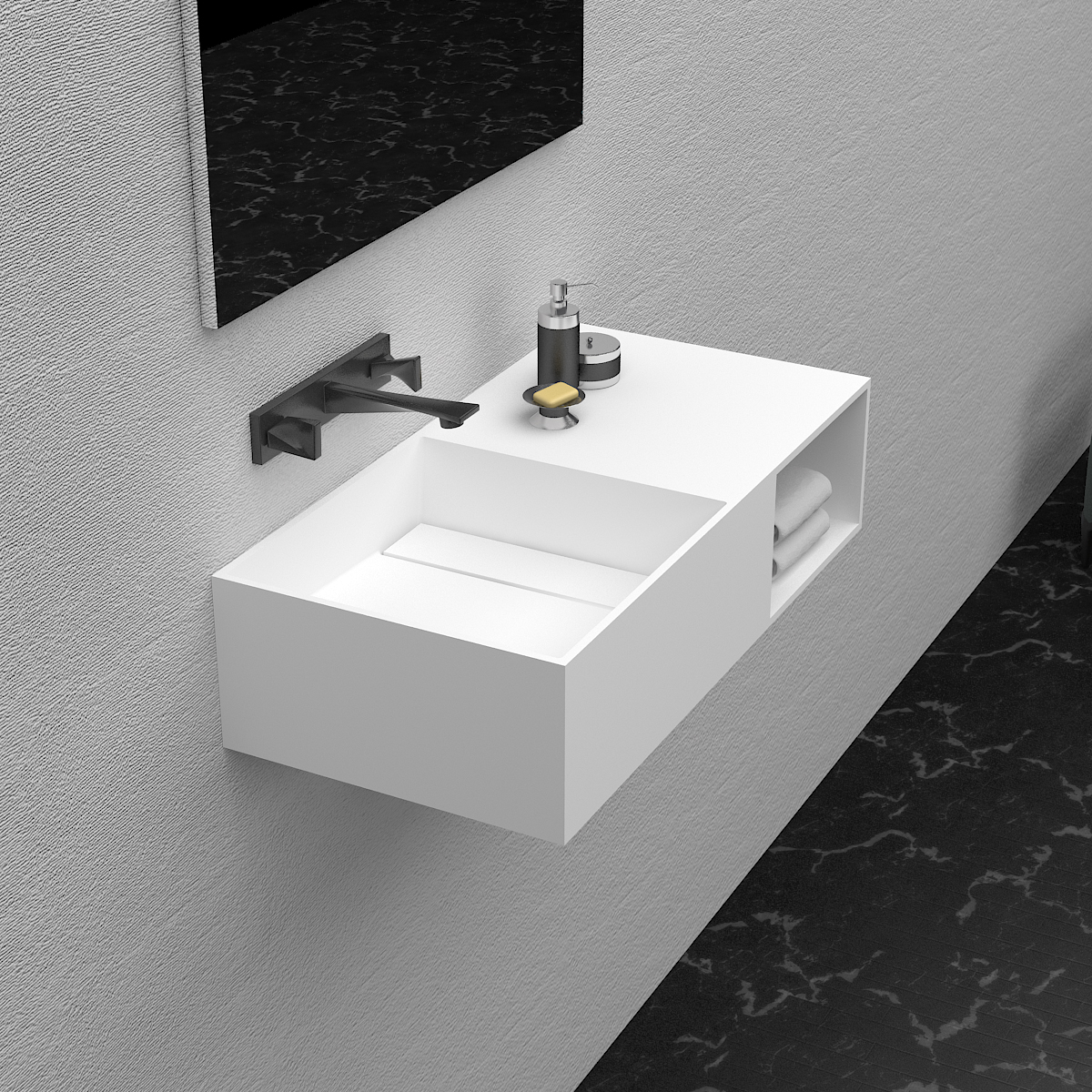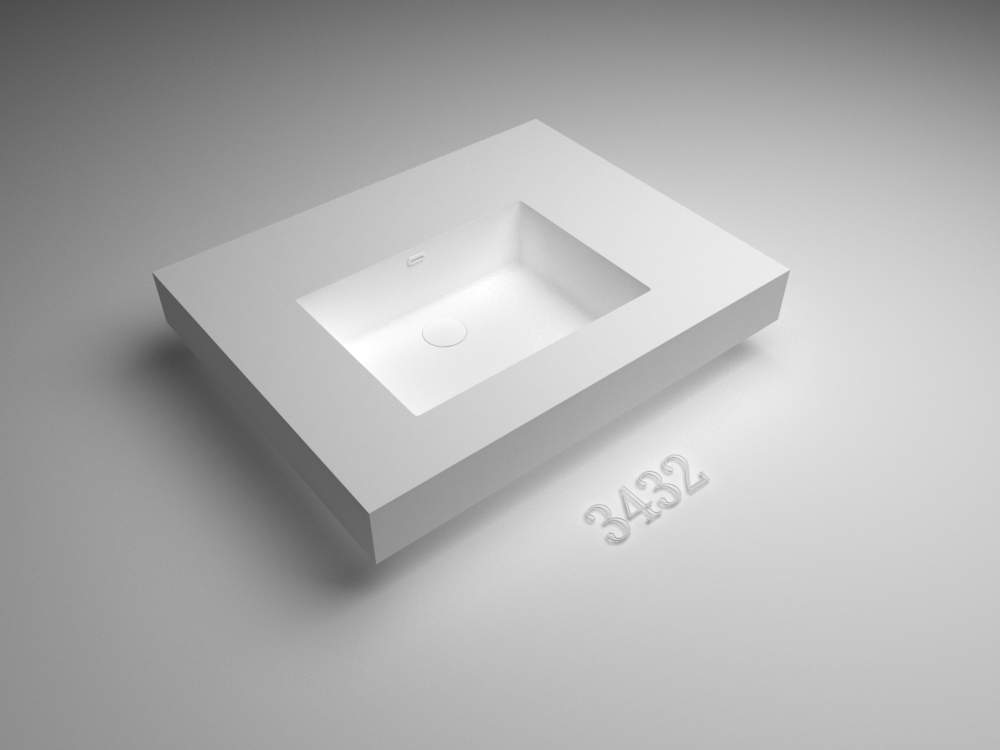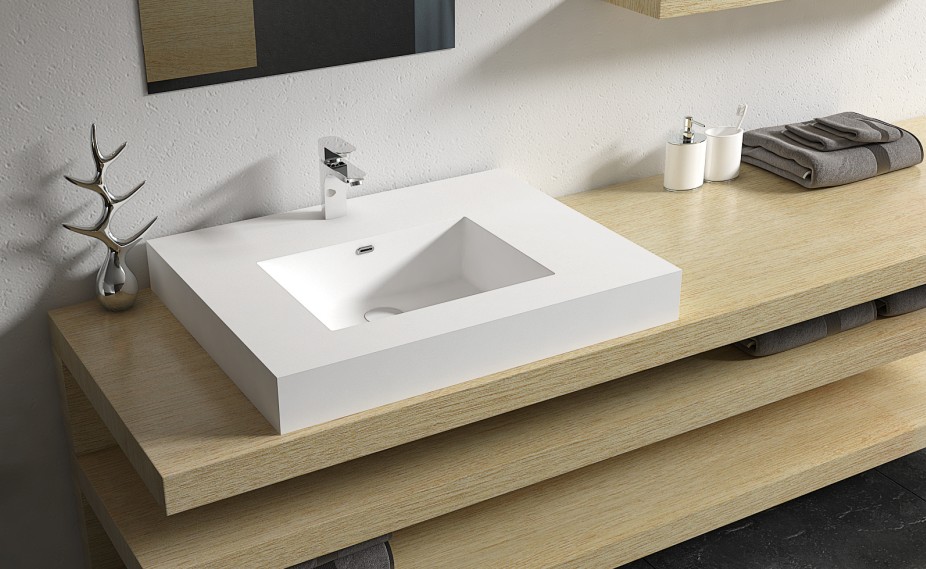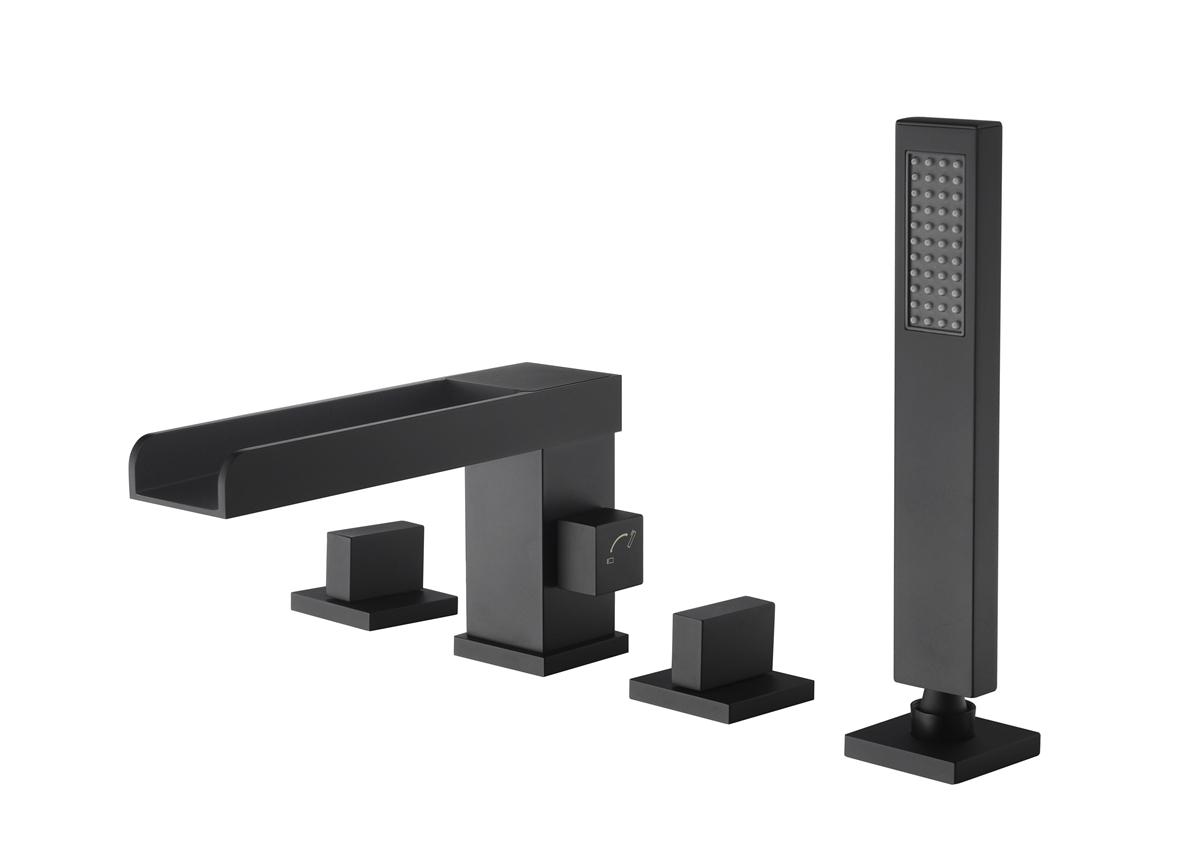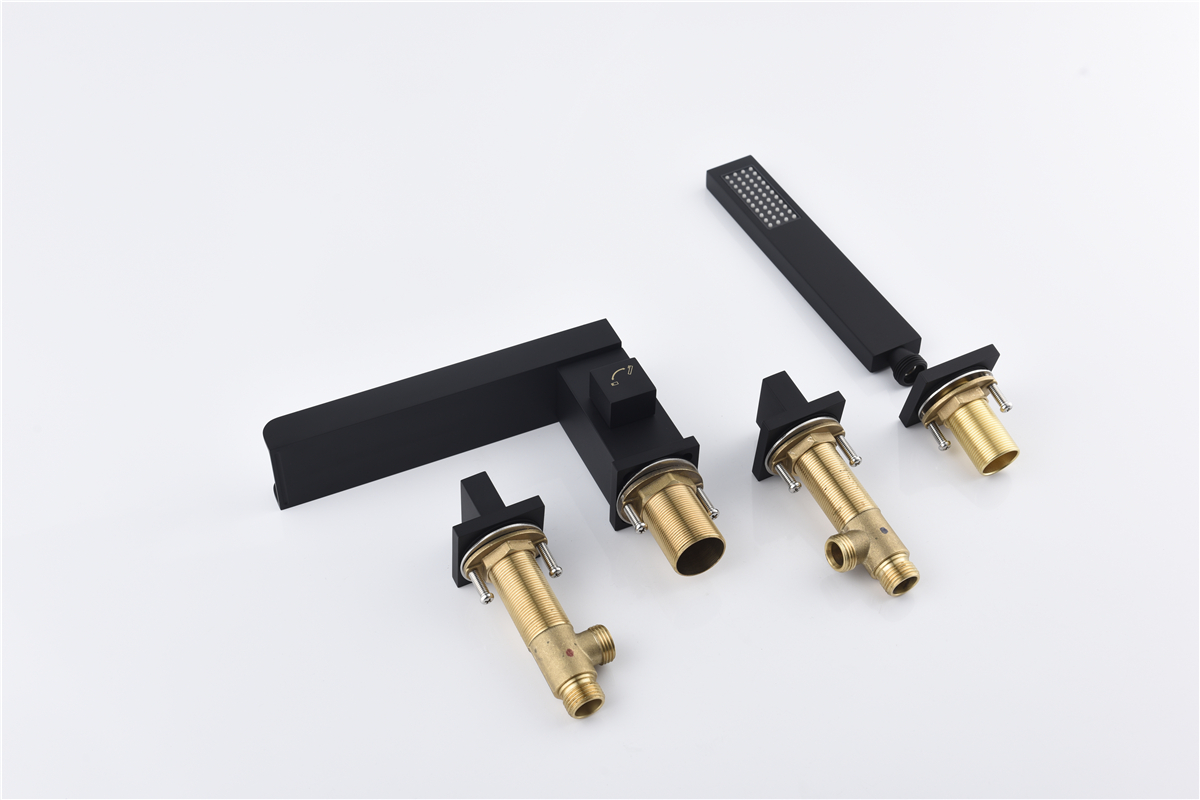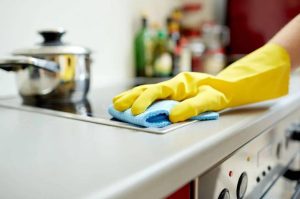
1. Remove fungus from the dishwasher
The dishwasher is warm and moist, perfect for growing fungi. A 2011 study found that more than 60 percent of household dishwashers contain fungi. The washer on the dishwasher door is where the fungus grows. Fungi can cause health problems such as asthma, sinus infection, rheumatoid junction inflammation, frontline gland infection, etc.
To remove fungus, use a small brush, like a toothbrush, to scrub the area around the washer with a mixture of white vinegar and hot water. Next, place a bowl of white vinegar in the top rack of the dishwasher and run the hot water cycle. Once a month, such washing can eliminate the fungus.
2. Microwave ovens kill dish sponge bacteria
Sprinkle vinegar and lemon juice on a dish sponge and microwave it for 60 seconds to kill up to 99.9 percent of bacteria. Of course, you can soak a dish sponge in a bleach solution or replace it frequently.
3. Eggs should not be placed on the refrigerator door
The door is the hottest part of the refrigerator, which is prone to bacteria. It is best to store eggs in the lower part of the refrigerator with the box.
4. Heat the ham in the oven
Heating the ham in the oven will stop the stars from splashing and smearing the kitchen when you use the frying pan.
5. Don’t wash knives in the dishwasher
The edge of the knife dulls when washing dishes. Try hand washing, using a cloth and dish soap to wash kitchen knives in warm water.
6. Never trust coffee to wash your coffee maker
Some people trust that coffee can be filled to sterilize the coffee machine. The truth is not so. An easy no-frills coffee machine facility is to wash with vinegar and water to ward off mold and bacteria.
7. Stop using rags covered with bacteria
Experts indicate that when you pick up a cloth to wipe the kitchen counter, you think you are cleaning; But if your cloth is a dirty, reused cloth, it will end up covering the counter with thousands of bacteria. Ideally, experts recommend a clean, dry towel every time you cook. Soak used rags in diluted bleach solution daily and let dry after washing.
8. Do not create a living environment for cockroaches
As long as there is enough food and water, bugs will grow. A leaky kitchen can lead to cockroaches. If you find a leaking faucet in your kitchen or rust spots around your pipes, don’t think it’s harmless and fix it as soon as possible. Water stains that are hard to remove can be removed by running a piece of fresh lemon in a circle on the faucet and wiping it down a few times. Or enough orange peel can also play a powerful role in decontamination. Rub the colored side of the orange belt together to remove stubborn stains from the faucet.
9. Replace the refrigerator water filter
The refrigerator filter needs to be replaced so that it can continue to provide quality water. The replacement of the periodic table depends on the water quality and the amount of water used. But most opinions say that every half a year or so should be replaced in real time filter element.
10. Wash the exhaust fan
Soak the exhaust fan in hot soapy water once a month. Then scrub, rinse and dry. Remember to wipe down the hood every week.
11, real-time cleaning pool
Kitchen sink to wash dishes and dishes, it is easy to be stained with grease, you can sprinkle a little salt in the place where there is oil, wipe with waste plastic wrap, and then rinse with warm water, the pool is hot as new. The water cover in the water is also best to soak in warm soapy water for 20-30 minutes to reach the ideal decontamination effect.
12. Keep the lid clean
Pot cover used for a long time, will be contaminated with a layer of grease, with detergent scrubbing is not easy to wash clean. A quick and useful way to do this is to put a little water in a pot, place the lid upside down on the pot, bring the water to a boil (maybe a little dish soap), and let the steam fumigate the lid. After the grease becomes white and soft, wipe it with a soft cloth and the lid will be clean.
13. Make sure the cutting board is clean
Cutting boards are used to cut meat as well as vegetables and are prone to odors. Mix two tablespoons of vinegar with 200 milliliters of warm water, then pour it onto a paper-towel-lined cutting board for 15 minutes. Dirt will be easily removed, odors will disappear, and bacteria will be killed.

